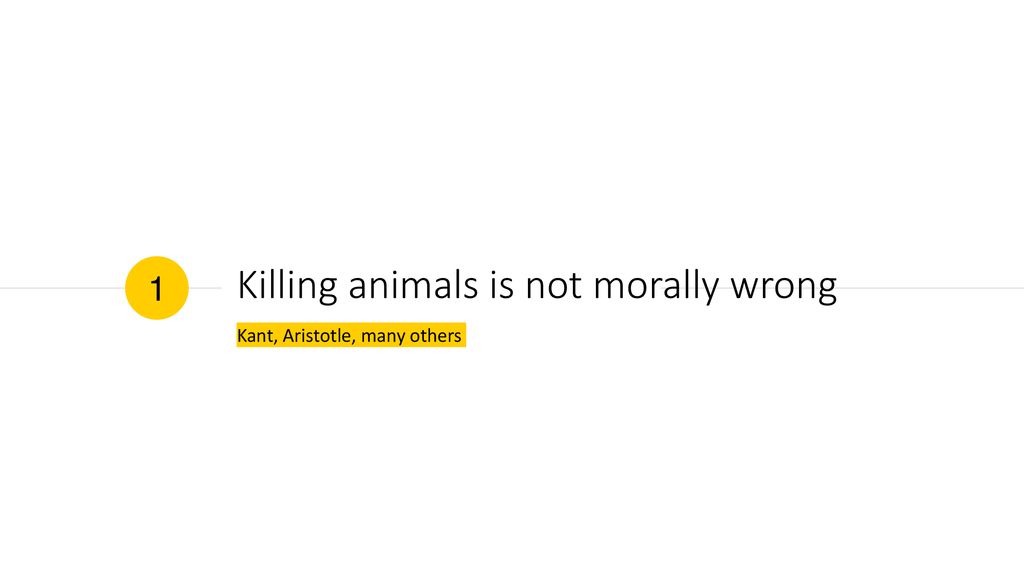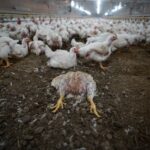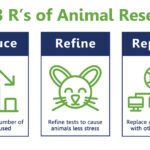The question of whether killing animals is morally right or wrong is one that elicits impassioned responses from various cultural, ethical, and personal perspectives. The complexity of this issue lies in the intersection of morality and culture, where diverse beliefs and practices shape our perceptions of animal welfare and rights. This article delves into the nuances of this debate, exploring philosophical frameworks, cultural practices, and the impact of societal attitudes toward animals.
Morality is often defined as a system of principles and values that guide human conduct. When applied to the treatment of animals, various ethical theories come into play. Utilitarianism posits that actions are right if they promote the greatest happiness for the greatest number. From this standpoint, killing animals may be justified for benefits such as food or resource acquisition, provided the net outcome leads to overall happiness. However, this perspective faces criticism for its potential to overlook the intrinsic value of animal life. Critics argue that utilitarianism can lead to moral dilemmas where the suffering of sentient beings is overshadowed by human interests.
Deontological ethics provides a contrasting viewpoint, emphasizing the inherent duties and rights of individuals, regardless of the outcomes. According to this perspective, animals possess rights that must be respected, suggesting that killing an animal can be morally impermissible, as it violates its right to life. This argument draws on the notion of sentience and the capacity for suffering, which many ethical philosophers, such as Immanuel Kant and more contemporary theorists, assert should grant animals a certain moral consideration.
Further complicating this ethical landscape are cultural norms and practices. Different cultures have historically exhibited varying attitudes towards animals. In some societies, animals are revered and viewed as sacred beings. For example, in Hinduism, the cow embodies not only agricultural utility but also spiritual sanctity, resulting in cultural prohibitions against slaughtering these animals. Oppositely, other cultures demonstrate a pragmatic approach to animal killing for sustenance or traditional practices, often framing it as a natural part of the food chain. This dichotomy reveals how cultural narratives shape ethical frameworks—those raised in carnivorous societies may normalize killing animals, while others might develop a profound respect for life.
As globalization continues to influence cultural exchange, the conversation around animal welfare is evolving. The rise of veganism and vegetarianism in many parts of the world exemplifies a significant shift in societal attitudes toward meat consumption and animal rights. Movements advocating for animal rights are gaining momentum, urging individuals and societies to reevaluate their relationship with animals. These movements often highlight the ethical implications of factory farming, animal testing, and habitat destruction, raising awareness about the suffering endured by animals due to human actions.
In contrast, proponents of animal agriculture often defend their practices using traditional arguments related to cultural heritage, nourishment, and economic stability. They assert that killing animals for food is an essential aspect of maintaining their way of life. Therefore, the debate between the morality of killing animals and the cultural justification for such actions becomes a multifaceted dialogue that champions the need for understanding and respect for differing viewpoints.
As society progresses, insights from animal science and welfare research steadily shape the discourse surrounding this contentious issue. Research indicates that many animals experience complex emotions and possess cognitive abilities. Such findings challenge long-held beliefs about animal inferiority and, consequently, the justifications for their slaughter. If animals are sentient beings capable of experiencing pain, fear, and joy, then the morality of killing them must be scrutinized with a more critical lens.
Moreover, the current environmental crisis adds another layer to this debate. The industrialized methods of animal farming have significant ecological ramifications, contributing to climate change, deforestation, and biodiversity loss. As ethical considerations intertwine with environmental issues, a growing number of individuals are compelled to reconsider their dietary habits and the implications of their choices on animal welfare and the planet.
However, the fundamental divide remains between those who view killing animals as an ethical transgression and those who see it as acceptable within a cultural context. This dichotomy is further amplified by contrasting views on personal responsibility. Advocates for animal rights urge individuals to take a stand against practices they deem cruel, while others maintain that cultural traditions should be preserved, regardless of emerging ethical consciousness.
Ultimately, the question of whether killing animals is right or wrong does not yield a straightforward answer. It embodies a multitude of layers encompassing ethical theory, cultural heritage, and evolving societal norms. As discussions surrounding animal welfare advance, they reflect a broader grappling with morality in a world increasingly attentive to the welfare of sentient beings.
In summary, the intersection of morality and culture surrounding the killing of animals is intricate and multifaceted. Both ethical frameworks and cultural practices shape the perspectives individuals hold. As society confronts these moral dilemmas, the ongoing dialogue is essential in fostering understanding and empathy for the voiceless, balancing human needs with the ethical obligations we owe to other living beings.






